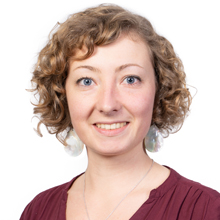
Melanie Schneider
Research Fellow (ARISE)
Leach Group
Career Accelerator for Research Infrastructure Scientists
ARISE fellows are employed at EMBL for three years, working on methods and technology development of their interest. They receive career support and exclusive training curricula. ARISE has finished its recruitment. New applications continue under ARISE2. Read below to learn more about the ARISE programme.
Development of technology, techniques and methods, especially of those that can be used by many scientists, is currently one of the most important tasks in life sciences, and at EMBL.
ARISE fellows develop technologies that can be offered as a service to researchers and are of interest to an EMBL group. During development, fellows may provide the technology for both internal and external users to optimize it for usability and versatility.
Our fellows are working on imaging, chemical biology, computational modelling, microfluidics, robotics, X-ray optics, high-precision mechanics, data acquisition, automation, bioinformatics and software development, and integrated structural biology.
Explore the EMBL groups that offered to host ARISE fellows.

My projects’ main aim is to provide computational tools to the scientific community, in particular to experimental scientists who are not used to coding, in order to enable them to perform fast and streamlined analysis of protein structure ensembles and binding sites in the context of drug design.

Research Fellow (ARISE)
Leach Group
ARISE fellows are STEM professionals with at least 4 years of research experience, coming either from academia or industry, with or without a PhD. They come from diverse backgrounds, such as engineers in industry or experienced scientists in academia looking for a new career direction. They all have a wish to develop new methods and technologies for life sciences, have a strong interest in supporting other scientists, and learning to manage research infrastructures.
Get to know our fellows and explore their projects on our dedicated fellows page.
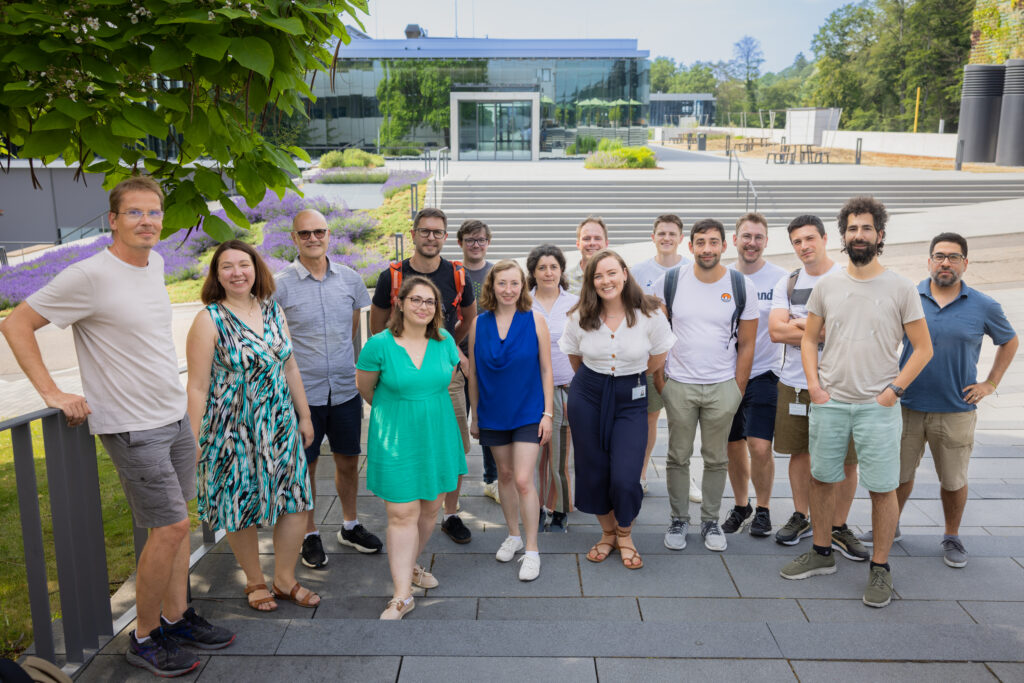
The ARISE training programme prepares fellows for careers in core facilities, service units, data services, and big infrastructures, in both academia and industry. Fellows receive training through internal and external courses and secondments throughout their programme.
Topics covered by the ARISE training curriculum are:
Visit our dedicated training page to find out more about the training curriculum and our inspiring volunteer trainers.
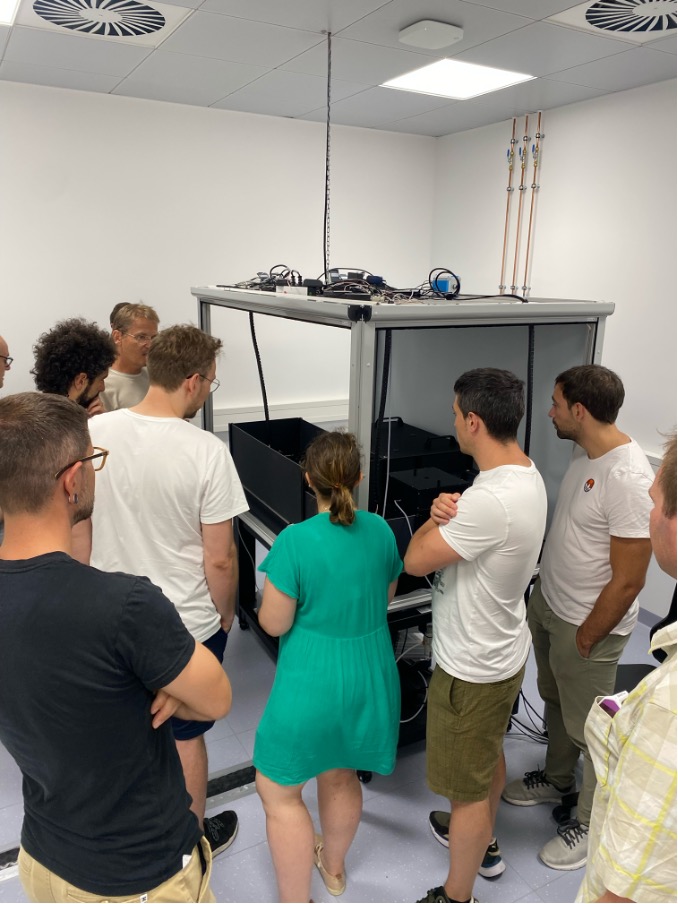
My secondment at TREC showed me how different fields can merge to create a holistic and systematic approach for understanding the complex relationships between organisms and their environments. The experience was particularly valuable because it allowed me to meet professionals from different institutions working on a wide range of projects. These connections open up opportunities for future collaboration, service exchange, and even potential career paths after ARISE.
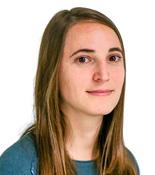
Research Fellow (ARISE)
Garcia Alai Team
EditDuring the fellowship, fellows receive dedicated career support in the form of:
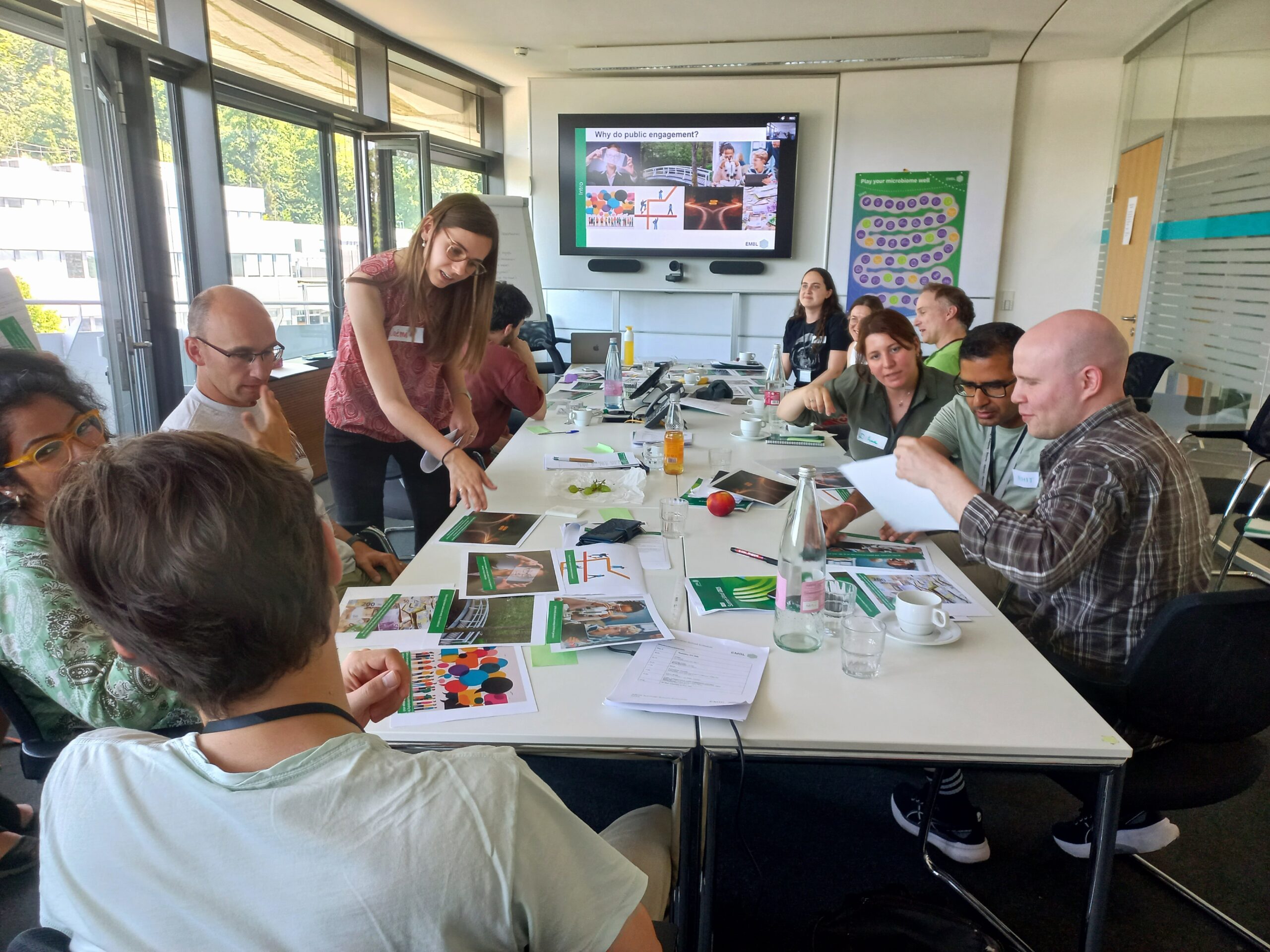
During my secondment at the SciLifeLab, I had the privilege of collaborating with incredibly knowledgeable engineers who were always willing to assist and provide feedback on various technical implementations, enhancing my understanding of best practices in testing, continuous integration, and cloud orchestration. SciLifeLab is definitely an environment fostering both skill development and networking.

Research Fellow (ARISE)
Data Science Centre
EditWhen fellows leave, we expect that they will be qualified to take a senior position in core facilities, service teams, big research infrastructures, technology development in academia, industry, healthcare, or other sectors, or start their own service-providing enterprise.
Jobs in research infrastructures are diverse but can generally be categorized as:
Alternatively, fellows might decide to:
We’ve created a list of essential competencies for experts in research infrastructures, regardless of their technology field.
ARISE Women in RI and Technology Development
I am now working at IRELEC. The ARISE programme allowed me to test my skills as a project manager in a cross-disciplinary environment. I have to add that one strength of the program also stems from the “team spirit” that exists among the fellows.

Project Manager
IRELEC
I am now working as an application specialist for Becton Dickinson. The ARISE program helped me establish myself as an expert in the field of flow cytometry while also providing me with a great environment for research and professional collaboration.
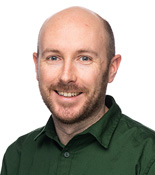
Application Specialist
Becton Dickinson
ARISE Fellows are employed for three years by EMBL as EMBL Research Fellows.
The EMBL contract includes:
EMBL will provide every assistance in obtaining the required visas or work permits for all its fellows. Further information about visas for your stay at EMBL can be found here.
Depending on the site, other types of support are available, for example, support with organisation of the child care, temporary accommodation in the first week after joining EMBL, sport clubs memberships, language schools, etc.
We also have a strong staff association, and various clubs (sports, arts, cooking, …) and groups that work on the improvement of working conditions at EMBL.
ARISE project has received funding from the European Union’s Horizon 2020 research and innovation programme under the Marie Skłodowska-Curie grant agreement No 945405.